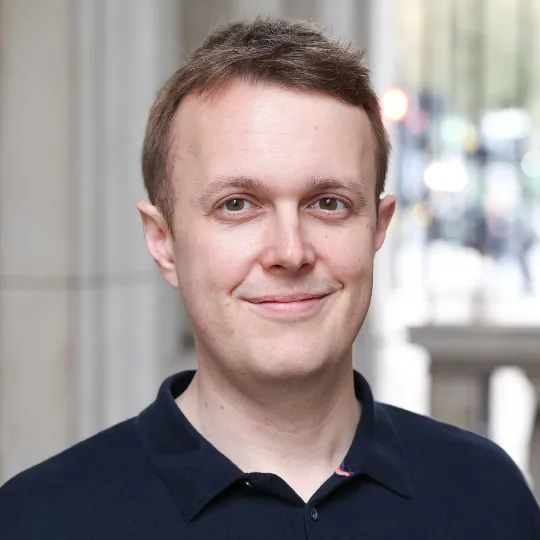Please note: this event has passed
Musicology has, with a few exceptions, been uninterested in theories of genre. Eric Drott (2013) has diagnosed why this might be. It is in popular music studies that genre has become a rich research theme, connecting popular music studies to wider conceptual strands in the humanities and social sciences. In this presentation I address the relationship between time and musical genre – for musical genres have complex relationships with time, conjoining multiple rhythms of change. On the one hand, they are themselves temporal, their coalescence and life course immanently processual. Genres make time (Born 2015) in the sense of activating specific types of temporal experience; indeed, they may even engender social and cultural change. On the other hand, genres are produced by and within historical conditions that are in motion, exhibiting both continuity and change. Musical genres therefore exemplify the bidirectional mediation of music and time: they produce time through the contingent articulation of their multiple temporalities; while, in turn, historical processes – changing musical, cultural, social, technological and political conditions – influence the development of genres. While some of these properties have been registered, the multiple ways in which genre is temporally mediated have not, to my knowledge, been thought together. This approach, I will suggest, proffers a non-teleological analysis of time and musical genre, intensifying our awareness of the play of temporalities set in motion by genres. Indeed, musical genres illuminate the multiplicity of time itself, and it will become clear that to think time and genre in this way is also necessarily to take into account music’s social and material mediations. Finally, I develop an analogy with ideas proposed by the art historian George Kubler. Kubler, addressing the shape of art historical time, conceptualised art as a system of ‘formal sequences’ marked by relay, replication, historical drift, and sometimes invention and abrupt changes that ‘exceed the ability of any individual to exhaust their possibilities’ (1962: 30). Kubler’s formal sequences point to the existence of suprahuman temporalities in art history, to which I will respond with the idea that musical genres embody temporal processes that exceed – even as they are enlivened by – human intentionality.
Speaker: Georgina Born
Georgina Born is Professor of Anthropology and Music at University College, London. Her work ranges across sound studies and digital media, while also drawing on methods from science and technology studies. She recently published an edited collection entitled Music and Digital Media: A planetary anthropology, which has recently been published (open access) by UCL Press, and she is currently leading the ERC-funded research project 'Music and Artificial Intelligence: Building Critical Interdisciplinary Studies’.
Event details
Saint Davids RoomStrand Campus
Strand, London, WC2R 2LS


